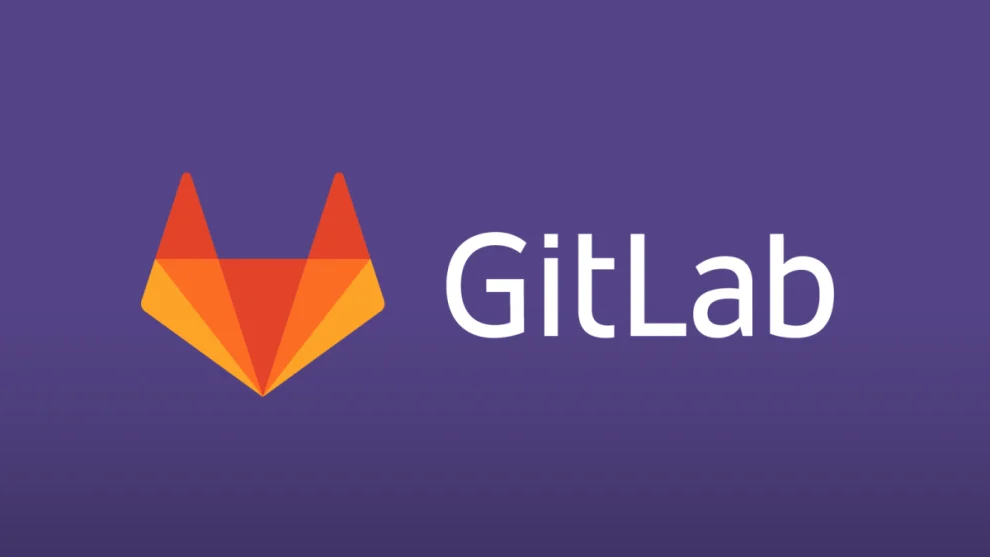The Critical Flaw: Hijacking the CI/CD Pipeline
The most severe vulnerability, designated CVE-2024-5655 and rated 9.6 on the Common Vulnerability Scoring System (CVSS), was found within GitLab’s CI/CD pipeline functionality. This flaw could have allowed a malicious actor to exploit user privileges and execute pipelines as any user within a project.
Imagine an attacker infiltrating a system and gaining access to a low-privileged account within a GitLab project. With CVE-2024-5655, the attacker could potentially leverage this vulnerability to escalate their privileges and execute pipelines with the permissions of a project owner or administrator. The consequences could be devastating, enabling the deployment of malicious code, theft of sensitive data, or disruption of development workflows entirely.
Beyond the Critical Flaw: A Patchwork of Fixes
While CVE-2024-5655 takes center stage, the update addresses 13 other vulnerabilities ranging from high to medium severity. Here’s a breakdown of some noteworthy vulnerabilities included in this security patch:
- CVE-2024-4901 (High Severity): This vulnerability resided in the way GitLab handles commit messages during project imports. A malicious actor could have exploited this flaw to inject malicious scripts into commit messages, potentially leading to unauthorized actions and data exposure upon import.
- CVE-2024-4994 (High Severity): This vulnerability targeted the GraphQL API used by GitLab. A successful attack could have allowed attackers to execute arbitrary GraphQL mutations, potentially manipulating data or performing unauthorized operations within a project.

Patching the Leaks: What GitLab Users Need to Do
The urgency of applying this security patch cannot be overstated. Here’s what GitLab users need to do:
- Upgrade Immediately: GitLab recommends that all users upgrade to the latest versions as soon as possible. These versions are:
- GitLab Community Edition (CE): 13.10.3
- GitLab Enterprise Edition (EE): 17.1.1, 17.0.3, or 16.11.5
- Review Breaking Changes: It’s important to note that the patch introduces two breaking changes. Users relying on GraphQL authentication with CI_JOB_TOKEN will need to adjust their workflows as this functionality is now disabled by default. Additionally, pipelines will no longer automatically run when a merge request is re-targeted after its previous target branch is merged.
Moving Forward: Security at the Forefront
The identification and patching of these vulnerabilities underscore GitLab’s commitment to user security. While there’s no evidence of active exploitation, it’s crucial to stay vigilant and keep software updated. Here are some additional security best practices to consider:
- Enable Two-Factor Authentication (2FA): Adding this extra layer of security makes it significantly harder for attackers to gain unauthorized access, even if they obtain login credentials.
- Regularly Review Permissions: Ensure that users within your GitLab projects have only the minimum permissions required for their tasks. This principle of least privilege minimizes the potential damage if a vulnerability is exploited.
- Stay Informed: Keeping up-to-date with GitLab’s security advisories allows you to be aware of emerging threats and apply patches promptly.
A Secure Development Pipeline: Building with Confidence
The timely release of this security patch is a positive step for GitLab and its users. By addressing these vulnerabilities, GitLab strengthens the platform’s security posture and allows developers to focus on building innovative applications with greater confidence. As the developer community continues to embrace GitLab, prioritizing security through regular updates, best practices, and a shared commitment to a secure development lifecycle remains paramount.
















Add Comment